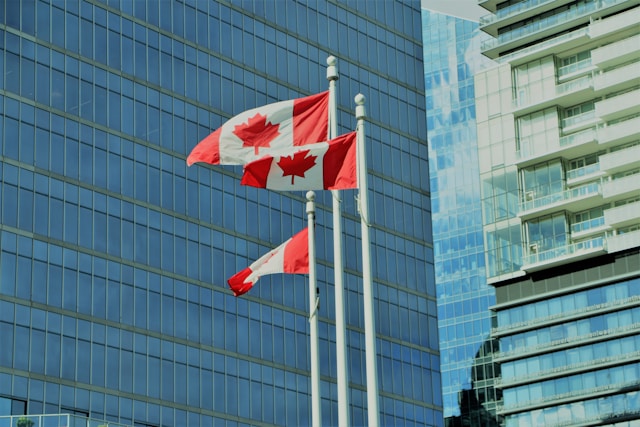Many non-residents who own property in Canada find it challenging to understand how the Income Tax Act applies to their situation. There are three basic things you need to know about – requirements, withholding taxes and reporting income.
Requirements
You need to have either a Social Insurance Number (SIN) or an Individual Tax Number (ITN). Canadian citizens, permanent residents and temporary residents are granted a SIN through an application process, which allows them to invest or work in Canada. This includes owning a property.
Those not eligible for a Canadian SIN can apply for an ITN by filing form T1261, which they subsequently file with their income tax return. A word of warning – T1261 forms are not easy to file, and you should enlist the help of a professional to help you.
Withholding Taxes
Non-residents of Canada who collect rental income are required to pay the government 25% of this income to a non-resident tax account as a withholding tax.
You can file this yourself, but many property owners find it easier to work with a property management company. Here’s an example. Dan, age 30, is a non-resident of Canada, who has lived in the US since birth. He decides to invest in a condo in downtown Toronto to take advantage of a booming real estate market and rents the condo to a Canadian resident.
Given the distance, logistics and his lack of knowledge of the Canadian income tax system, Dan hires a property management firm to look after his needs.
The Property Manager opens a non-resident tax account for him and remits 25% of the gross monthly rental income in withholding taxes, along with the monthly property management fees, and sends the rest to Dan.
At the end of the calendar year, the property manager prepares the numbers for the accountant who will prepare NR4 forms for Dan to file his personal taxes with the Canadian government. The process ends up being quite simple and time-saving for Dan.
If Dan were to file the tax return himself, he would have to remit the withholding tax every month on the 15th of the month, following the previous month’s rent collection. Once the calendar year has passed, he would need to send a letter to the CRA and request an NR4 form be prepared for him. This could be very time consuming. Processing for the CRA could take multiple requests and several months.
Non-Resident Canadian Property Owners – Reporting Income
Another area of uncertainty for many non-resident rental property owners is income reporting. Non-residents need to report their rental income and any expenses paid towards that rental property on their S216 Canadian Non-Resident Return, plus the taxes that were withheld. The good news is they will recoup most of the withholding tax as a tax refund. Non-residents who earned income in Canada from other sources, such as non-registered investments, need to file a non-resident tax return.
Non-residents also have the option to remit taxes on the net rental income basis (rental revenue minus all rental expenses) by completing an NR6 form. However, most property management firms do not offer this filing method as an option as it creates additional responsibilities and penalties for non-compliance. Complicating matters is the fact that non-residents cannot request to file an NR6 form themselves, as it must be completed through an agent and that agent cannot be a family member. Furthermore, the filing has to be done by June 30th of the following year, or one risks being non-compliant and having to pay penalties.
With the end result being more or less the same, the advantage of the regular method over the NR6 method is that non-residents have two years to file. And while there is some turnaround time involved for CRA to process your return and issue your refund, it really is only a short-term cash flow issue in the long run.





